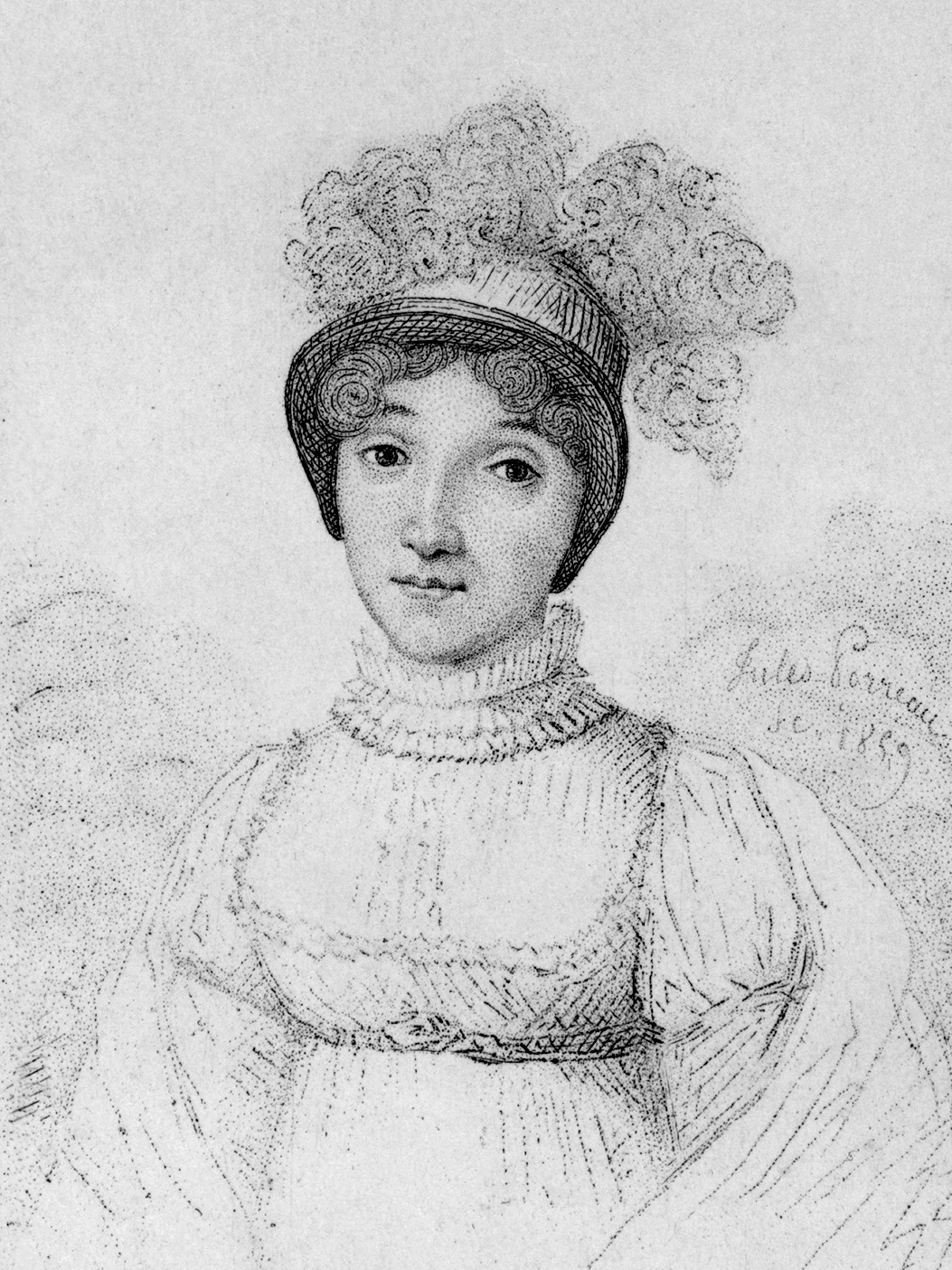-Sophie Blanchard, "the mother of aerial warfare", would pioneer a concept called "guerre d'éclair" focused on aerial bombardment.
Few things dent imperial pride faster than an aerial bombardment of the metropole. It was a lesson the British would learn well, though at great cost, one that would inform British planning for a century and give the Wars of the Conflagration their name. The state of war between Britain and France had continued essentially uninterrupted since the start of the French Revolutionary Wars in 1793, only coming to a temporary respite in 1802 with the Peace of Amiens. This state of affairs was always tenuous at best and by 1803 the two countries were at war again, this time as part of what has alternatively been called "the Great War", "the Napoleonic Wars", or "the War of the Third Coalition". Realizing (correctly) that Britain and her monarchy would always seek to foil his Continental ambitions Napoleon would embark on a grand strategy to invade the British Isles, an invasion backed by the sale of Louisiana to the United States, a purchase only made possible by a loan from a British bank in a fitting bit of irony.
-Napoleon inspecting the troops at Boulogne. OTL choppy water sunk a good deal of the invasion force during a test of the new ships, costing many lives and dooming the planned invasion. Marginally better weather allowed the French to revise their designs without the loss of life and materiel, serving as the timeline's POD.
For the planned invasion Napoleon had raised an army of 200,000 men and commissioned a flotilla of new ships under the command of Eustache Bruix* and a large number of war balloons designed by Sophie Blanchard, the first female air force head in world history. The war balloons were a far cry from the proper airships that would come to define aerial warfare through the century, with the long narrow baskets supported by primitive leaf springs** suspended from conventional hot air balloons. Though primitive by any standard the war balloons would prove their worth defending the encamped French forces from a British raid on Boulogne in 1804 with the aid of favorable winds. Earlier in the year than the historical raid of that name, the failure of the British attack left the French with a closing window of relatively calm waters and a gap in the British blockade and Napoleon was keen to seize both, launching his grand invasion in late July of that year.
Napoleon's plans had been obvious to the British since the naval test the year before, with equal amounts of panic and caricature circulating in the government and among the public for almost two years by the time the invasion reached the British coast. Under Prime Minister Addington an army of 50,000 had been raised and the south of England had been fortified, a policy his successor Pitt the Younger had continued. British planners suffered from two unforseen complications:
The first was a serious underestimation of the effects of air power on their defenses, with the war balloons considered a fanciful novelty rather than a potentially grave threat.
The second was the routing of the Boulogne raid, which had opened up a brief gap in the British blockade and given the French the opportunity they needed.
By any metric the invasion of the England was a failure. Though the French were able to land troops and the war balloons proved effective at going around the defensive
Martello towers to strike directly into the interior of Southern England they were unable to hold the Channel, cutting the invasion force off from resupply and dooming it to erosion by attrition. Some particularly able units were able to evade capture to continue disrupting life behind the lines but the only real victory the French could claim was a psychological one, with the (relative) success of the actual landing and the firebombing by the war balloons sparking widespread mass panic throughout the country, even in areas too far afield to ever see a Frenchman or a balloon on the horizon.
The French were far more successful in Europe with the British temporarily sidelined with internal unrest, unable to again break the Coalition blockade but able to successfully shepherd the creation of the Confederation of the Rhine. This stage of the conflict would see Prussia wade into the fray, inaugurating the Fourth Coalition. The French would continue to make liberal use of guerre d'éclair throughout the continental campaign, though the First War of the Conflagration would only end in 1815 with the death of Napoleon I at the battle of
Tannhausen on the border of the Confederation. Despite the loss of troops in the British venture the French were in a superior military position compared to their historical one, with the deaths of Louis XVIII and Charles X*** making the dreams of a Bourbon Restoration in France an impossibility.
With Napoleon II all of four years old France would undergo a shift away from the sheer power it had afforded to his father, instituting a modified proposal inspired by the
Sieyès plan that would more or less transform the French Empire into a complicated constitutional monarchy. Under the new system the Emperor would gain the official position of Grand Elector and be advised by two Consuls, one for the interior and another for war. While he would enjoy broad appointing powers once he came of age he would be stripped of them for the duration of any military campaign, while the actual business of legislation would be left to a three chambered body. The Tribune had the sole power to debate and propose laws, the Legislature had the sole power to ratify those proposals, and the College of Guardians would sit above both as a combination artificial aristocracy/constitutional court charged with not only deciding on the legality of the laws but also absorbing any person they found threatened the new constitution, forcing them to give up all other powers in the process.
The French experiment notwithstanding the end of the First War of the Conflagration left very few actual winners. While the Confederation of the Rhine would survive, the Holy Roman Empire was forced to shamble on as a vehicle for the competing aims of the Prussians and Austrians (though the two competing Holy Roman hegemons did manage to get along long enough to erect the Tannhausen Gate as a monument to Napoleon's death so there's that). The French invasion of Russia hadn't progressed as deeply so that's something, I suppose. All told the British saw themselves as the biggest losers, not only did that Corsican's spawn still technically sit the French throne but they had suffered a humiliating attack, no matter how futile it may have been. There were plenty in the Navy and the halls of power that had wanted to see Paris burned to the ground. It's here where we see the impact of the Illuminati conspiracy theory. There was no shortage of powerful people who saw the workings of a secret society at the root of their humiliation. And what better way to counter a secret society than with one of your own?
-
Source. Founded secretly in 1816, the Esoteric Order of Dagon would devote itself to British military and political supremacy, by whatever means necessary.
*Who survives his historical bout of tuberculosis.
**Refinement of this design would be accelerated by the subsequent aerial arms race, eventually refined and miniaturized enough to provide the Jersey Devil with his fantastic leaps.
***The former when his ship sank in the Channel and the latter as an indirect consequence of the panic during the invasion when his house burned down.





